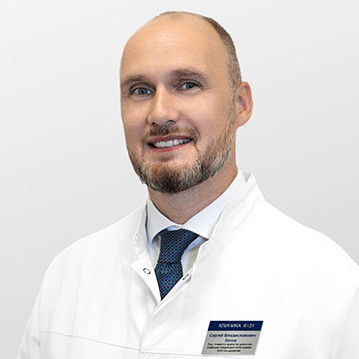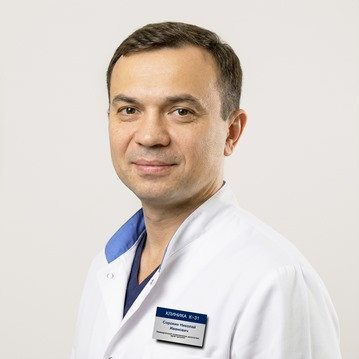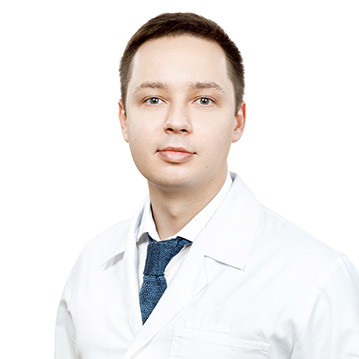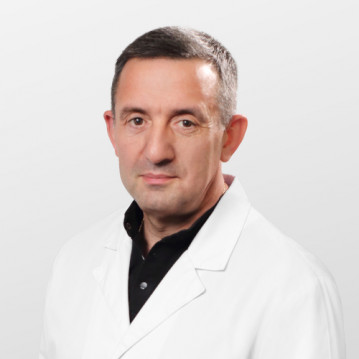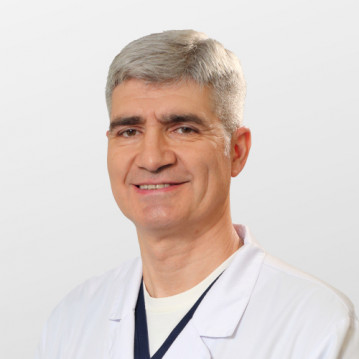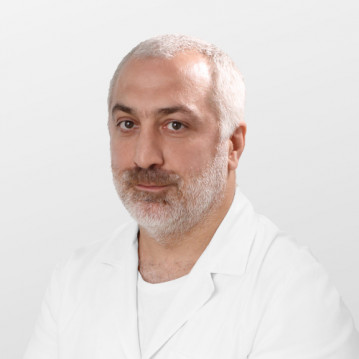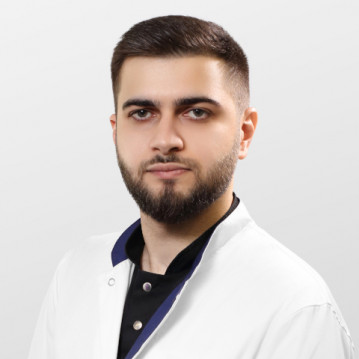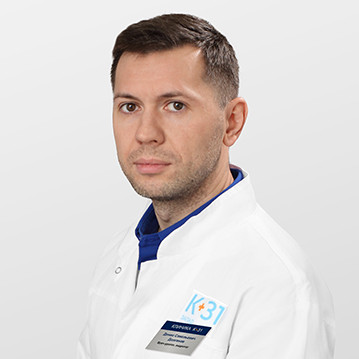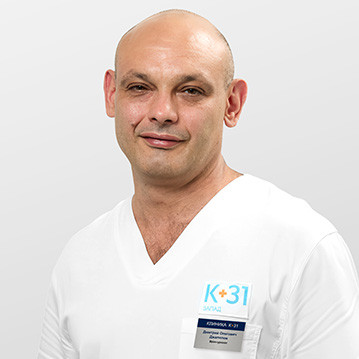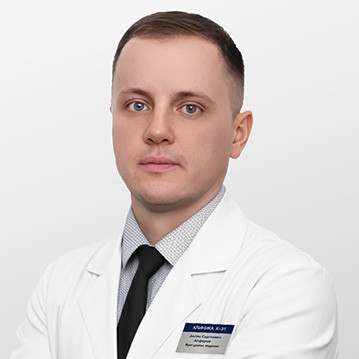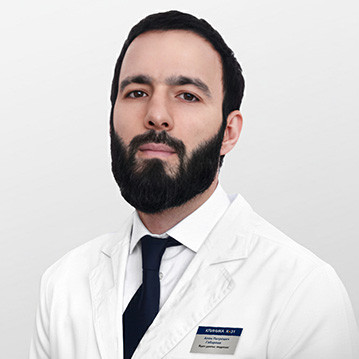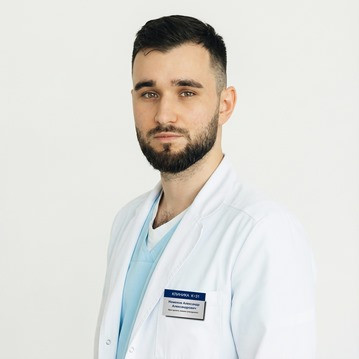Do you have lower back pain, high blood pressure for no apparent reason, and problems with urination? We recommend that you undergo a comprehensive examination - MRI of the prostate and kidneys. In Moscow, diagnostics are carried out at the K + 31 multidisciplinary medical center.
Magnetic resonance imaging (MRI) in urology is a non-invasive and safe technique that allows you to visualize the internal structures of the body in great detail.
What is an MRI of the genitourinary system?
The unique method is based on the resonance (response) of hydrogen proton nuclei to electromagnetic waves in a powerful magnetic field. Its advantage over other methods of radiation diagnostics is the absence of ionizing radiation.
Please note: The human body is more than 80% water, the molecule of which includes 2 hydrogen atoms.
The MR scanner is essentially a large magnet. It takes approximately 20-25 minutes to obtain an image of a specific area of the body. Supply ventilation is provided in the capsules of the devices, the so-called. an alarm button and a communication system with a diagnostician.
MRI is prescribed as part of a comprehensive examination, to make a preliminary diagnosis, monitor the effectiveness of therapy, and in preparation for surgery.
The technique helps to detect:
- stones (stones) of the kidneys and urinary tract;
- cystic and neoplastic neoplasms of the urogenital system;
- anomalies in the development of the pelvic and abdominal organs;
- deformation of the kidney or its omission (nephroptosis);
- Adenoma and prostate cancer in the early stages of development.
Important: With the help of tomography, some pathologies are diagnosed that cannot be detected during X-ray, ultrasound and CT of the prostate. It is indispensable in the diagnosis of prostate cancer, as it allows you to detect even the smallest changes in tissue structures.
What does an MRI of the prostate with contrast show?
MRI of the prostate with contrast helps to diagnose not only oncology, but also inflammatory processes in the tissues.
The urologist refers the patient for a CT scan if there are complaints of dysuria (frequent urges), urinary incontinence at night, difficulty urinating, blood (or mucus) in the urine, and a feeling of incomplete emptying of the bladder after visiting the restroom. These symptoms can be combined with general weakness and fatigue.
The procedure has a number of contraindications.
These include:
- taking β-blockers and interleukins;
- severe anemia (anemia);
- bronchial asthma;
- epilepsy;
- clinically significant kidney dysfunction;
- blood diseases (particularly myeloma);
- claustrophobia (fear of closed spaces);
- individual hypersensitivity to a contrast agent;
- Installed pacemaker
If an MRI of the prostate with contrast is due, the doctor should be warned about the presence of fixed dentures (crowns and bridges) made of metal, orthodontic appliances (for example, braces), as well as metal pins and plates in the body.
Metal alloy structures tend to heat up and move in a strong magnetic field, which can cause mechanical injury and thermal tissue burns.
Please note: The paramagnetic contrast agent given intravenously before the procedure does not contain iodine. Therefore, complications do not occur even in people with a burdened allergic history.
Here's what an MRI of the prostate shows in men:
- adenomas (benign tumors);
- growth of tissue (hyperplasia);
- genetically determined anomalies;
- limited purulent inflammations (abscesses);
- prostatitis (acute or chronic inflammation of the gland).
With MRI of the prostate gland with contrast, the doctor determines the localization of the neoplasm and additionally assesses the condition of the seminal vesicles, testicles, vas deferens, urethral canal, bladder, fiber and muscles of the lumbar region and small pelvis.
On MRI, the anatomy of the prostate and surrounding tissues, as well as the location of the great vessels, are visible in great detail. When diagnosing cancer, it is possible to determine whether the tumor process has affected the regional lymph nodes.
